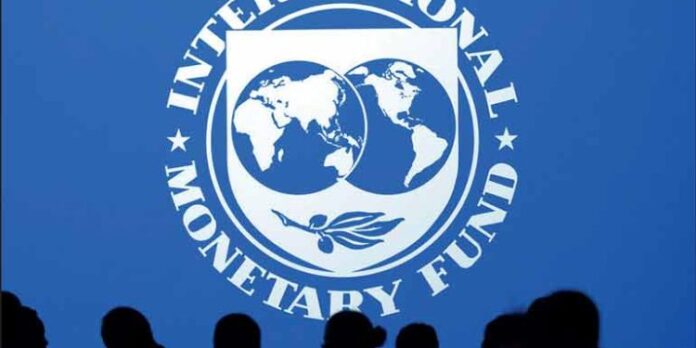The International Monetary Fund (IMF) has urged the Sri Lankan government to implement tax reforms and manage expenditures to address ongoing budget deficits. The IMF emphasized the necessity of aligning government spending with revenue and continuing progressive tax policies to ensure economic stability.
The newly elected administration has introduced tax reforms aimed at easing financial burdens on individuals and small businesses that have struggled with inflation and rising living costs. However, these changes have drawn scrutiny from the IMF. A comprehensive assessment of the tax measures will be included in an upcoming staff report, which will be presented to the IMF’s Executive Board.
If approved, this will facilitate the release of a $333 million tranche under the Extended Fund Facility program, according to Julie Kozack, Director of the IMF’s Communications Department.
Kozack addressed media queries in Washington, stating that the Sri Lankan government must adhere to the IMF-supported economic reform agenda, including specific preconditions, before securing further financial assistance.
A former treasury secretary with extensive experience in IMF negotiations warned that deviating from IMF recommendations could strain Sri Lanka’s relationship with the institution and hinder access to future foreign funding.
The IMF’s bailout package for Sri Lanka is centered on economic stabilization, including fiscal reforms such as tax increases and debt restructuring.
President Anura Kumara Dissanayake, who also serves as the Finance Minister, has proposed raising the income tax-free threshold from Rs 100,000 to Rs 150,000.
While this adjustment offers relief to taxpayers, it may lead to a revenue shortfall if a significant portion of the tax base becomes exempt. To counterbalance this, the President has suggested increasing the Withholding Tax (WHT) rate from 5% to 10%.
Additional tax policy changes include VAT exemptions for locally produced yogurt and dairy products, which may reduce government revenue.
Meanwhile, tax exemptions on export services will be eliminated, with a new concessionary rate of 15%, potentially making Sri Lanka less competitive compared to nations that maintain lower tax rates for export-driven industries.
To support low-income groups, the President announced that pensioners and individuals earning below the Rs 150,000 tax threshold can apply for lower withholding tax rates or complete exemption through the Inland Revenue Department.
Moreover, under the third IMF review, the government has committed to removing VAT on local fresh milk and yogurt to enhance child nutrition.
The IMF has proposed further tax reforms, effective January 1, 2025, to increase Sri Lanka’s tax-to-GDP ratio to 14% by 2026. These measures include new taxes, adjusted rates, and the removal of exemptions to achieve fiscal sustainability.
Notable changes include an imputed rental income tax on residential properties, expected to generate 0.15% of GDP in 2025, and a VAT increase on digital services to 18%, contributing an additional 0.08% of GDP.
Other reforms involve higher corporate income taxes on industries such as tobacco and betting, a doubling of stamp duties on leases, and the removal of the Simplified VAT (SVAT) system, which will increase administrative requirements for businesses.
Additionally, the lifting of import restrictions on vehicles and goods is anticipated to contribute 0.8% of GDP but may intensify competition for local industries.
While these reforms aim to enhance revenue generation and economic equity, they are also expected to raise costs for consumers, businesses, and property owners.Short-term inflationary pressures may arise, but improved tax compliance and reduced evasion could strengthen fiscal stability in the long run. Despite the immediate challenges, the IMF asserts that these measures are crucial for Sri Lanka’s economic recovery and long-term debt sustainability
